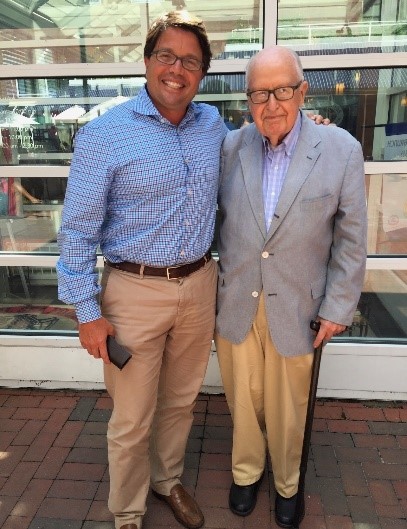As we look around ourselves and the world we are in, how do we gather and process information. How does this info impact our faith and beliefs.
Faith is defined by Webster as “trust in and loyalty to God” and “allegiance to duty or a person.”
I believe that the key ingredients of faith are God and loyalty.
Faith is for a lifetime, independent of current facts and circumstances. Today’s rain does not mean that the weather will always be rainy. A death in the family does not mean that our life will always be filled with sadness.
Faith helps us overcome short term challenges and obstacles, to look towards the future. Our experience of overcoming challenges makes us wiser and stronger.
We can explore Faith in the Torah in the story of Abraham. In Genesis 12, Abram developed his faith in God, a monotheistic deity. In Genesis 22, Abraham responded to God’s calling with Hinani (Here I am). This first test faith was when God asked Abraham to sacrifice Isaac.
Loyalty is an example of the durability of friendship where Faith in the person helps to shield them from short term challenges. For example, when someone is falsely accused, a loyal friend will have faith to stand by them and provide moral support and love to help. Gossip and rumors do not impact true friendships.
Belief is defined by Webster as “a state or habit of mind in which trust or confidence is placed in some person or thing” and “conviction of the truth of some statement or the reality of some being or phenomenon especially when based on examination of evidence”.
Beliefs should change based on new facts and circumstances.
After my recent leg surgery, I could not walk. However, I had faith that I would eventually heal and be able to walk again. Overtime, as I healed, I realized that I could slowly, step by step, walk again. My beliefs changed as I got stronger and stronger. My loved ones supported my efforts and fueled my new beliefs. My faith remained resolute throughout my recuperation.
Sadly, there are some people who maintain fixed beliefs, independent of facts and circumstances. The calcification of these people’s minds with fixed beliefs paralyzes them in the past. They are unable to understand and adapt to changing facts and circumstances.
I would like to remember my mentor, professor, and friend Professor Henry Rosovsky who often spoke about the dangers of fixed mindsets.
Professor Rosovsky had a giant impact on the academic community, Harvard, and our world. He had a unique quality of being curious and compassionate. Henry had one of the most facile minds I had ever encountered. He also had one of the most loyal hearts.
Former President of Harvard Larry Bacow eloquently summarized the wisdom and impact of Professor Henry Rosovsky.
“Henry Rosovsky was a singularity. I never met anyone like him and doubt that I ever will. There is a wonderful word in Yiddish, Sechel, that is often translated as wisdom and Henry was certainly wise. But the full translation of Sechel is “the ability to think, to weigh, the strength to judge, and then to come to a decision” That was Henry, and we all miss him”
I greatly miss my regular luncheons with Henry at the Legal Seafood restaurant in Harvard Square. However, I firmly believe that we can all benefit from embracing his Sechel spirit to develop new beliefs and fortify our lives with faith.

Andy and Henry after a lunch at Legal Seafoods in Harvard Square in 2019
Further reading:
You can read more about Professor Henry Rosovsky here, here, and here.






